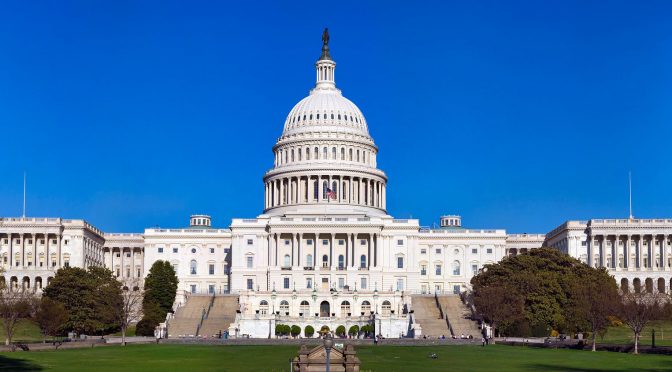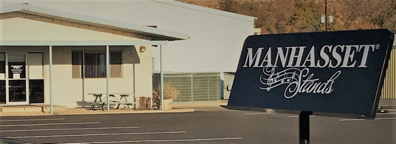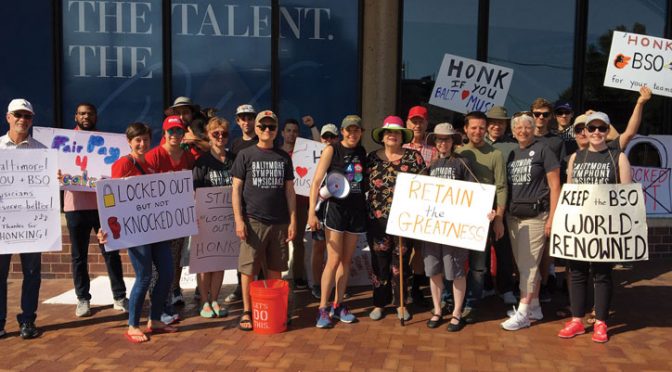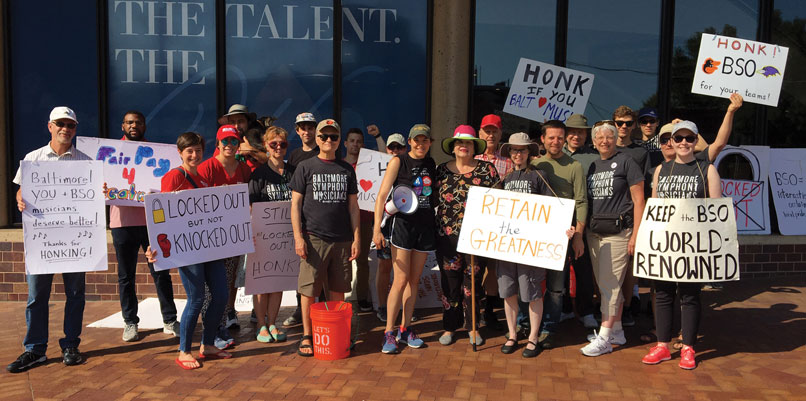Seven months in advance of the expiration of the current Collective Bargaining Agreement (CBA), musicians and management of the Detroit Symphony Orchestra (DSO) ratified a new contract in January. The new agreement takes effect September 7, 2020 and runs through September 5, 2023.
The CBA will increase base salary by 5.1% over three years and will add an additional week of performances in the third year. Musicians will donate up to four services per year to support high-profile performance opportunities and will continue to have the choice to opt in for community performances. The contract adds a new orchestra position in year two, bringing the orchestra complement from 87 to 88 musicians.
Under the new contract, paid family leave will increase and musicians will take on a greater share of the cost of health insurance premiums.
Principal Horn Karl Pituch, chair of the negotiating committee and a member of Local 5 (Detroit, MI), said he believes the contract will allow Detroit Symphony Orchestra to continue to attract the best musicians in the world. The organization shared that the contract is in line with the parameters set in DSO’s 10-year plan for fiscal and artistic sustainability, introduced in 2013.








